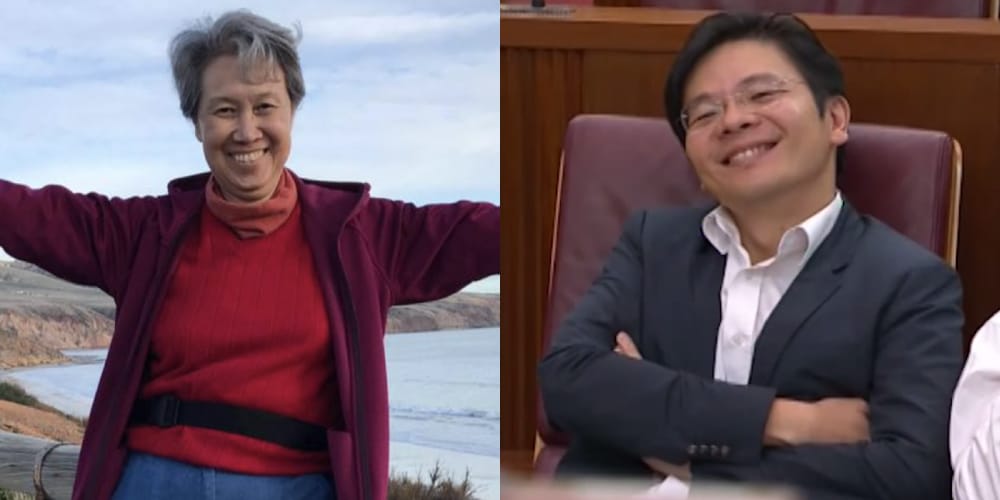
APP partners with Deltares to develop peatland best management practice model with Greenpeace monitoring its development. In the largest exercise of its kind, a quarter of Indonesian peat landscapes is mapped with LiDAR technology, building on its FCP commitment of a moratorium on all peatland development since 2013 .
Asia Pulp & Paper Group (APP) announced it is committing to retire around 7,000 hectares of commercial plantation areas to protect threatened carbon-rich peatlands, the first time that plantations on tropical peatland have been retired for conservation purposes worldwide.
Peatland development in Indonesia represents one of the single largest terrestrial sources of greenhouse gas emissions (GHG) in the world1. Retiring these plantation areas will help support the Government of Indonesia’s target of a 26 per cent reduction in emissions by 2020.
The land marked for retirement is spread across five individual acacia plantation areas in Riau and South Sumatra which have been identified as requiring immediate rehabilitation following recommendations from the applied research institute Deltares. In line with APP’s Forest Conservation Policy (FCP), a Free and Prior Informed Consent (FPIC) process will be conducted for the five areas, before any retirement proceeds.
The announcement is part of APP’s commitment to establish a science-based landscape approach for best practice peatland management that can be used by the Indonesian Government and plantation companies. It builds on the conservation pledges in the company’s FCP, which placed an immediate moratorium on all natural forests and new peatland development in February 2013.
As part of this approach, Deltares is working with APP to carry out the largest mapping exercise ever carried out on tropical peatland areas using LiDAR remote sensing technology. LiDAR, deployed from aircraft, allows Deltares to map around one quarter of all Indonesian peatland where APP’s suppliers are located. The area totals 4.5 million hectares, which compares to an area the size of Switzerland or the State of Pennsylvania. The resulting maps will be finalised in 2016.
The mapping will provide unprecedented insight into the hydrology and environmental conditions of a number of critically important peat landscapes. Analysis of the data will enable Deltares to provide further recommendations on how APP can minimise the impact of drainage in peat landscapes, making a significant contribution not only to reducing forest loss but also to reducing greenhouse gas emissions that lead to climate change.
Aida Greenbury, Managing Director Sustainability, APP said, “APP’s decision to retire these areas of commercial plantation is an important milestone in the delivery of our Forest Conservation Policy and we believe it is an unprecedented commitment. The retirement of active plantations is not an easy decision for any business to take, but we believe that taking urgent steps to protect remaining areas of peatland forest, as well as reducing and avoiding climate emissions from peatlands, must be a priority. While there is still a long way to go, and we have much to learn, this announcement represents a major breakthrough.”
She added, “However, the reality of protecting peat landscapes is that no one company like APP can do it alone. APP’s goal of supporting the conservation of forest and peat landscapes needs to be a shared objective, and one supported by meaningful actions from both the Government and other plantation companies. This should include addressing the systemic barriers to forest and peatland protection, supporting forest restoration and ensuring development opportunities for communities.”
In connection with the earlier point, Programme leader at Deltares, Dr Aljosja Hooijer said, “APP has a unique opportunity to support peatland forest conservation and emission reduction. The progress announced is a first step in a process towards the development of a new model to define best management practices in peatlands. The pioneering approach to collecting LiDAR data has allowed the technology to be deployed at an unprecedented scale economically, and will advance the science of peat and peat management not only in Indonesia, but also globally.”
1 CO2 emissions from peatland drainage in Southeast Asia contribute the equivalent of 1.3% to 3.1% of the global CO2 emissions from burning fossil fuels






